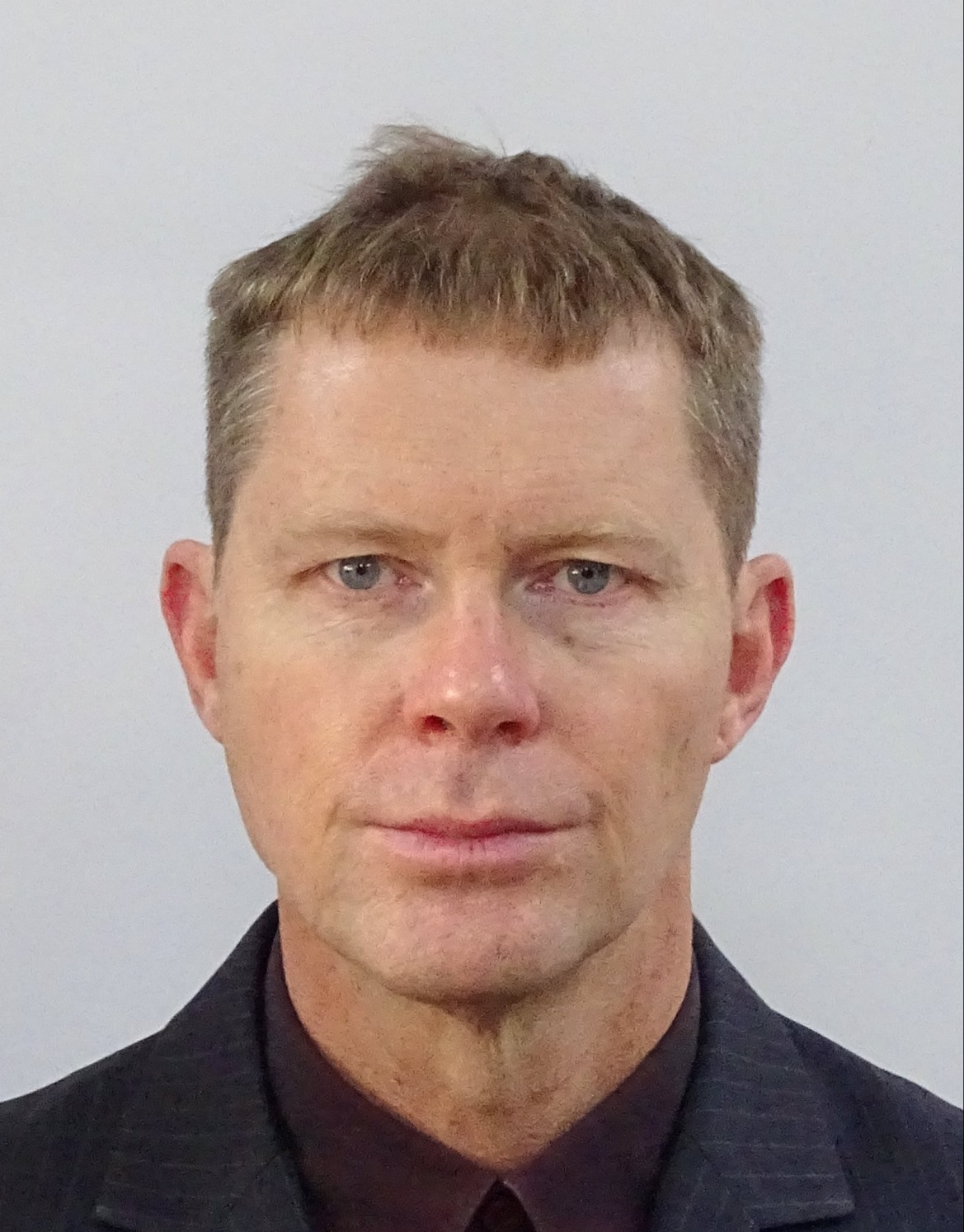Agile project management for 2021 and beyond

A new study backed by APM is seeking to determine the state of agile in the project profession. Conrad Heine spoke to the research team to find out more.
It has been two decades since the Agile Manifesto emerged, but how embedded in the project profession is agile project management? In collaboration with the University of Southampton, APM has launched a major study that seeks to “determine the state of agile in the project profession, explore the effectiveness and uses of agile methods and how they map across to one another, examine the costs/benefits of implementing an agile culture and to look at future agile research”.
With nearly 80 per cent of projects failing to wholly meet their planned objectives, the research is timely. Dr Serkan Ceylan, director of the Centre for Applied Science in Project Management at Southampton, says: “There is a buzz around agile. Companies have realised that traditional waterfall approaches are lacking in a changing environment, and seeking new ways of thinking and delivering. One purpose of the study is to understand the different views of agile, to shed light on it, and share how it can best be used.”
While the study’s origins predate COVID-19, the pandemic has brought agile to the forefront. Nicholas Dacre, associate professor of project management at Southampton, declares it has taken the profession out of its comfort zone.
“It is fortunate that we have agile as an existing project approach able to pick up the limitations of previous approaches… agile is important for crisis project management, which plays to agile’s strength in responding to uncertainty and fast-paced change.”
Not a soft option
Agile emerged out of long-standing demand for an adaptive, flexible approach system for complex projects with uncertain outcomes, but with its ‘scrums’, ‘sprints’, ‘timeboxes’ and more, has come to mean different things to different practitioners.
Its background in the software industry is one reason for a lack of clarity around how to apply agile within project management more generally, suggests Dr David Baxter, associate professor of innovation at Southampton. “Historically, software projects overran. That industry’s link back to the Manifesto means they know what agile is and are fine with it.”
Research fellow Hao Dong points out that some 80 per cent of the literature reviewed for the study focuses on software projects. Other sectors may not understand agile so well. Dr Ceylan says: “Companies might be trying to deliver something meaningful in agile terms, but it might be a struggle because they are trying to shoehorn into their environment ideas from the IT industry that don’t really fit.”
Thus, the APM-backed study aims to see how the profession has adopted, and can continue to adopt, agile. But it also begs the question: why agile? And has the profession even accepted agile?
Dr Baxter acknowledges that some resistance exists, especially around infrastructure projects. “You may well ask, why try to shoehorn agile in when a project is gong fine and exceeding expectations? But the point is, they are not going fine. Projects are overrunning and working badly.”
That is that not to suggest that agile is always the answer. “But there is a need to implement an experimental mindset, rather than just say no or yes.”
Moving with the times
According to Professor Dacre, whether agile is accepted or not within project management is the wrong question. “A better question is: is agile required?” The pandemic suggests so.
“Projects are operating in unprecedented conditions. We are seeing a paradigm shift, [away] from the sequential waterfall approach to being thrown in at the deep end of the agile world. The great thing about agile is that it evolves over time. By definition it has that adaptability which it enables it to be used across different sectors.”
He predicts that a lot more organisations will recognise the value of agile project management, something that is already emerging in the study steering groups. “There is a lot of debate about the best way forward for agile – a lot of appetite to understand what agile is, how to implement it and the best value we can take from it.”
This does not mean the journey will be straightforward – after all, remote working, which has become the norm in many sectors, may hinder the key agile principle of informal collaboration and communication within a team.
The journey ahead
The study is striving to understand the long-term relevance of agile to project professionals. Dr Ceylan points out that project management is a practitioner-driven profession, with academics often playing catch-up. “It is not a matter of blue-sky research and picking up the best bits. Project management is the other way around.”
With many organisations still set up for a waterfall approach, it may be a matter of discovering “hybrid agile”, whereby, as Dr Baxter puts it, “agile methods are customised, and taken on partially in real-life settings”.
In the meantime, Dr Ceylan sees agile as a yacht journey, responding to changing conditions, rather than as a train journey. “It is a different journey, with different rules – that is where the resistance comes up. We need to look at the journey and ask which method makes more sense.”
Agile’s purpose is to enable organisations to adapt to their own conditions, and if the study’s own journey leads to valuable solutions to create better projects, it will have served its purpose. “That would be the sweet spot.”
To get involved or to find out more, please visit APM’s research opportunities page.
You may also be interested in
- What is hyper agile? Breaking down a commonly misused ‘hyper agile’ concept
- How to choose the right life cycle (🔒)
- The APM Podcast
Pixel-Shot/Shutterstock.com


1 comments
Log in to post a comment, or create an account if you don't have one already.
We also have to remember that Agile is not for everything. So sometimes we need to put the focus less on methods and more on agility.